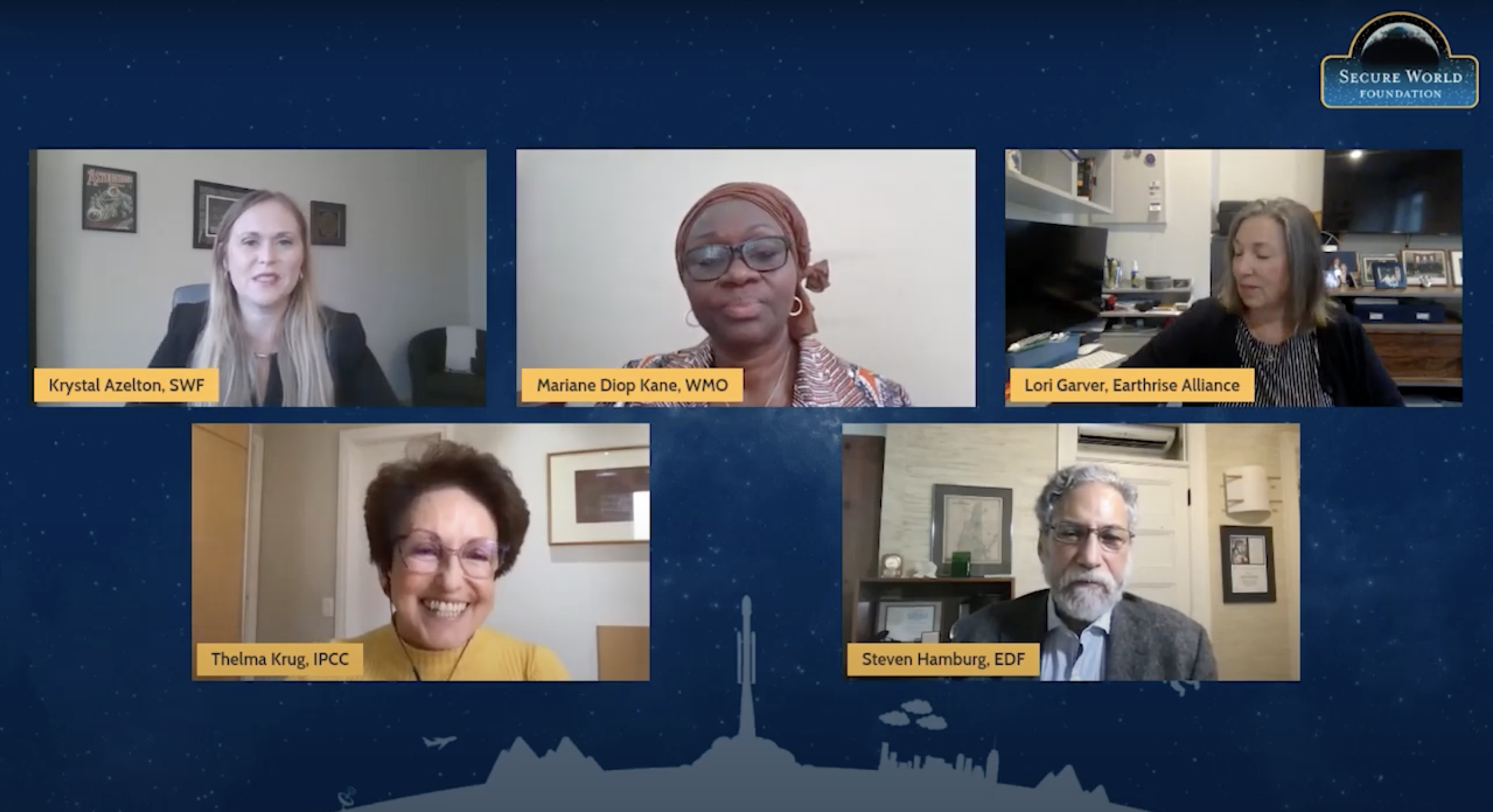
3rd Summit for Space Sustainability
Virtual
June 22-23, 2021
Event Summary
The Secure World Foundation (SWF) held its 3rd Annual Summit for Space Sustainability as a virtual conference between June 22-24, 2021. The conference continued to establish itself as an indispensable forum in the space community, this year offering a platform for robust dialogues on key issues, such as climate action, low Earth orbit constellations, and space debris removal.
Young Professionals Take Center Stage
This year's conference had a special focus on Young Professionals (Y.P.s), launching initiatives like the Next Generation video campaign and a Y.P. essay contest. The contest winners, representing academic and corporate sectors, contributed fresh perspectives on space sustainability issues.
Mentorship & Career Development
On the final day of the conference, professionals from our sponsor organizations conducted mentoring sessions, providing invaluable career advice to young professionals across the globe.
Panel Highlights
The first panel addressed the critical role of space technology in combating climate change, advocating for increased cross-sectoral collaboration.
The rise of low Earth orbit constellations sparked a discussion on their sustainability and the need for effective regulation.
A significant portion was dedicated to devising economically viable strategies for active debris removal.
Experts debated the concept of a 'space race' amidst current geopolitical tensions, advocating for a more cooperative approach to space exploration.
Conversations around the newly established U.S. Space Force focused on clarifying its mission and the need for collaboration with allies and commercial partners.
Keynote Speakers
Two special keynote addresses were delivered: One by Tory Bruno, CEO of United Launch Alliance, who emphasized the need for norms and penalties for irresponsible behavior in space. The other was by Bhavya Lal, Senior Adviser at NASA, who underlined the importance of coordinated growth in Low-Earth Orbit activities.
A Look Ahead
SWF's Executive Director, Dr. Peter Martinez, concluded the conference by celebrating the community's resilience and growth, even in the face of a global pandemic. Looking forward, the 4th Summit for Space Sustainability aims to continue these vital conversations with representation from the U.S. and U.K. governments and industry leaders like Amazon Project Kuiper and OneWeb.
2021 Conference Agenda
09:00 |
Opening Remarks |
09:15 |
Can Space Do More to Support Action on Climate Change? Space technologies can contribute significantly to global efforts to mitigate and adapt to climate change. Indeed, these technologies were instrumental in helping scientists gain a better picture of the urgency of climate change. But where are the knowledge and technology gaps? What’s needed in terms of developing new technologies and in how we process and manage current data to ensure that humans have a full understanding of the problems and are able to take informed action?
Spotlight Talk Speaker: Waleed Abdalati, Director, Cooperative Institute for Research in Environmental Sciences at University of Colorado Boulder (CIRES) Moderator: Krystal Azelton, SWF Director of Space Applications Programs Panelists: |
10:15 |
BReak |
10:30 |
Megaconstellations: The Train Has Left the Station. Now What? While the early radio-frequency spectrum interference issues were addressed, the regulatory system has largely failed to address the broader public interest concerns from the deployment of LEO megaconstellations. Businesses are operating in a condition of uncertain future regulatory risk. Other users of the space domain question the long-term impacts of these operations on the viability of the environment. Terrestrial communities question whether the night sky is forever changed. This session asks whether it is too late to solve this failure - and what we can learn for future evolution of policy, business, and regulation.
Spotlight Talk Speaker: Timiebi Aganaba, Assistant Professor, School for the Future of Innovation in Society, Arizona State University
Moderator: Chris Johnson, SWF Space Law Advisor Panelists: |
11:30 |
Activating Active Debris Removal Between 2008 and 2011, international scientists authored several studies showing that removing 5-10 large space objects a year by 2020 was necessary to mitigate the Kessler Syndrome. Yet a decade later, only a few small pilot programs are underway to develop the technology. This panel will discuss why that is the case and what we can do to spur governments and industry alike to get serious about removing orbital debris.
Moderator: Ian Christensen, SWF Director of Private Sector Programs Panelists: |
12:30
Close | |
09:00 |
Opening Remarks |
09:15 |
It's Not a Race: A Cross-Sector Discussion of Competition in SpaceAs an increasing number of countries develop counterspace capabilities and geopolitical rivals seek to position their space programs as drivers of economic growth, diplomatic leverage, and security advantage, there is an emerging narrative that there is a new space race underway. This is evocative of the Cold War’s U.S.-Soviet competition and suggests a “winner take all'' struggle for future domination of space. But is this too simplistic an approach? If there is a race, to where and for what end? Is it better to frame it as a long-term competition driven by national, regional, and geopolitical goals? Is there still room for cooperation and collaboration? Spotlight Talk Speaker: Aaron Bateman, PhD candidate, Johns Hopkins University Moderator: Victoria Samson, SWF Washington Office Director Panelists: |
10:15 |
Keynote
Keynote Transcript
Keynote Speaker: Tory Bruno, CEO, United Launch Alliance (ULA) Keynote Interviewer: Marina Koren, Staff Writer, The Atlantic |
11:00 |
BReak |
11:15 |
What is the Space Force's Prime Directive? Panel Transcript The Space Force is here to stay, but now the question is, what will it do? There is an on-going debate over whether the focus of the Space Force should still be the historical one of supporting terrestrial military operations and national security or whether it should instead focus on conducting operations and providing capabilities that have effects in space and extend beyond Earth orbit. This session will debate the pros and cons of both approaches and the implications for U.S. national security and geopolitical relationships.
Moderator: Brian Weeden, SWF Director of Program Planning Panelists: |
12:15 |
Keynote
Keynote Transcript
Dr. Bhavya Lal, Senior Advisor to the NASA Administrator, NASA
|
2021 Conference Speakers
-

Asha Balakrishnan
Research Staff Member, Science and Technology Policy Institute (STPI)
-

Colonel Casey M. Beard
Commander, Space Delta 9 (Orbital Warfare) , U.S. Space Force
-

Bleddyn Bowen
Lecturer, University of Leicester, UK
-

Dr. Mariane Diop Kane
Programme Manager for the African Ministerial Conference on Meteorology (AMCOMET), WMO Regional Office for Africa
-

Tim Farrar
President, TMF Associates
-

Lori Garver
CEO, Earthrise Alliance
-

Steve Hamburg
Chief Scientist, Environmental Defense Fund (EDF)
-

Aarti Holla-Maini
Secretary-General, EMEA Satellite Operators Association
-
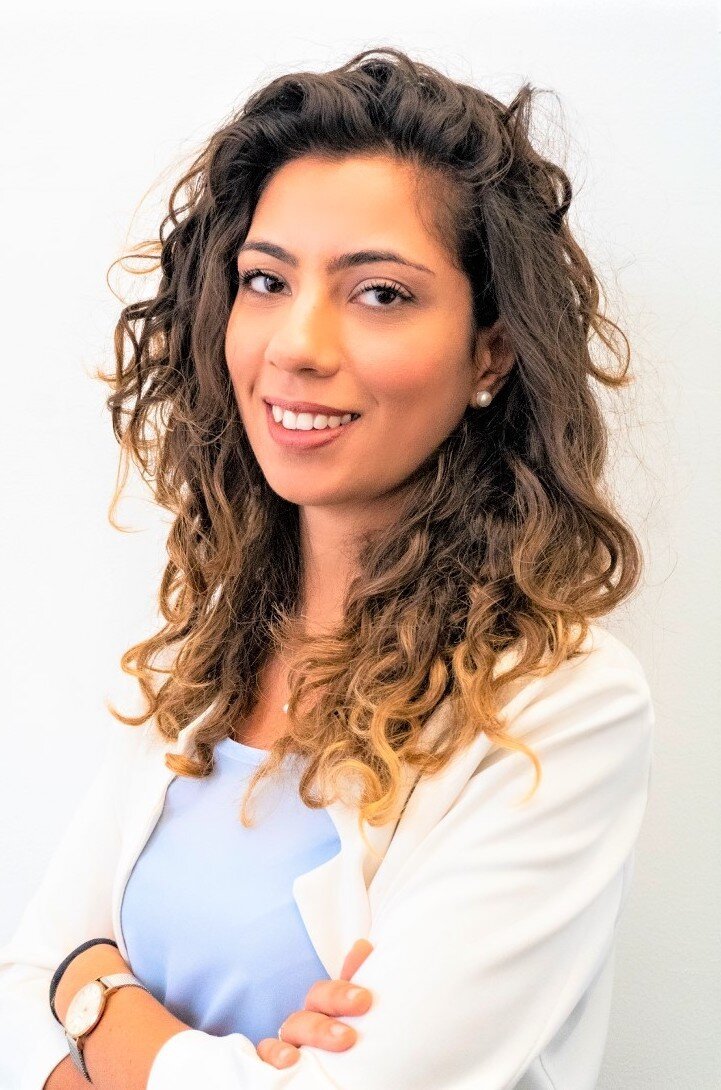
Clelia Iacomino
Research Fellow, Space Economy Evolution Laboratory (SEE Lab), SDA Bocconi School of Management
-

Kaitlyn Johnson
Deputy Director, Aerospace Security Project, Center for Strategic and International Studies (CSIS)
-

Thelma Krug
Vice-Chair, The Intergovernmental Panel on Climate Change (IPCC)
-

Claudio Leopoldino
Head of Disarmament and Sensitive Technologies Division, Ministry of Foreign Affairs - Brazil
-

Hugh Lewis
Professor of Astronautics, University of Southampton, UK
-

Luc Piguet
CEO & Co-founder, ClearSpace SA
-

Chelsea Robinson
Chief Operating Officer, Open Lunar Foundation
-
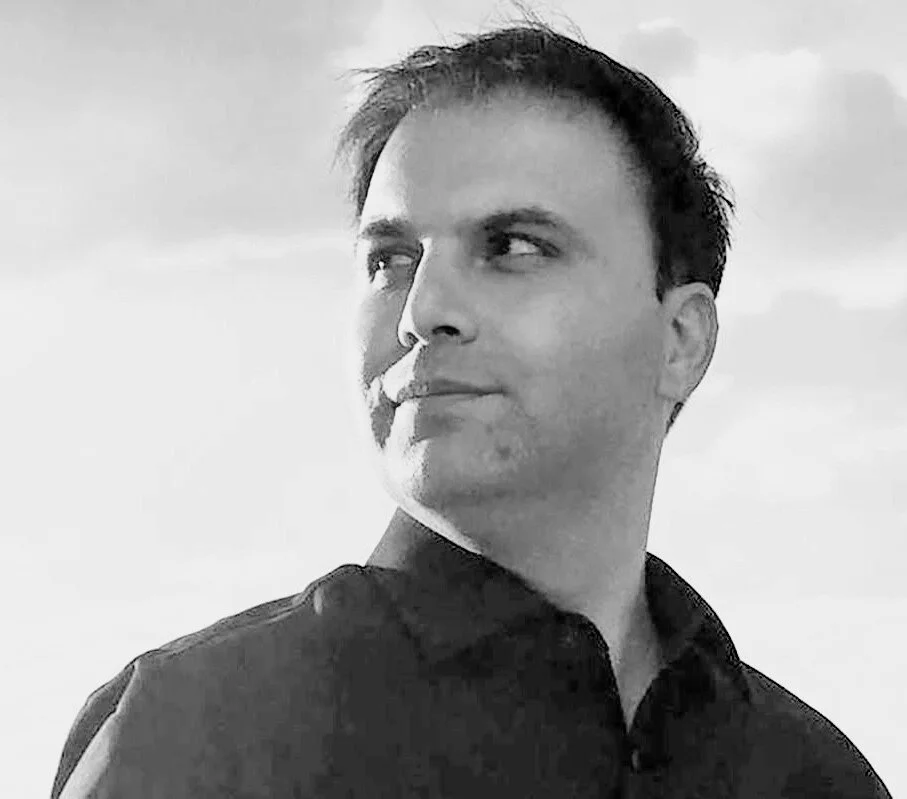
Dr. Mir Sadat
Founding Editor-in-Chief, Space Force Journal
-

Randy Segal
Partner, Hogan Lovells LLP
-

Charity Weeden
Vice President, Global Space Policy, Astroscale US
-
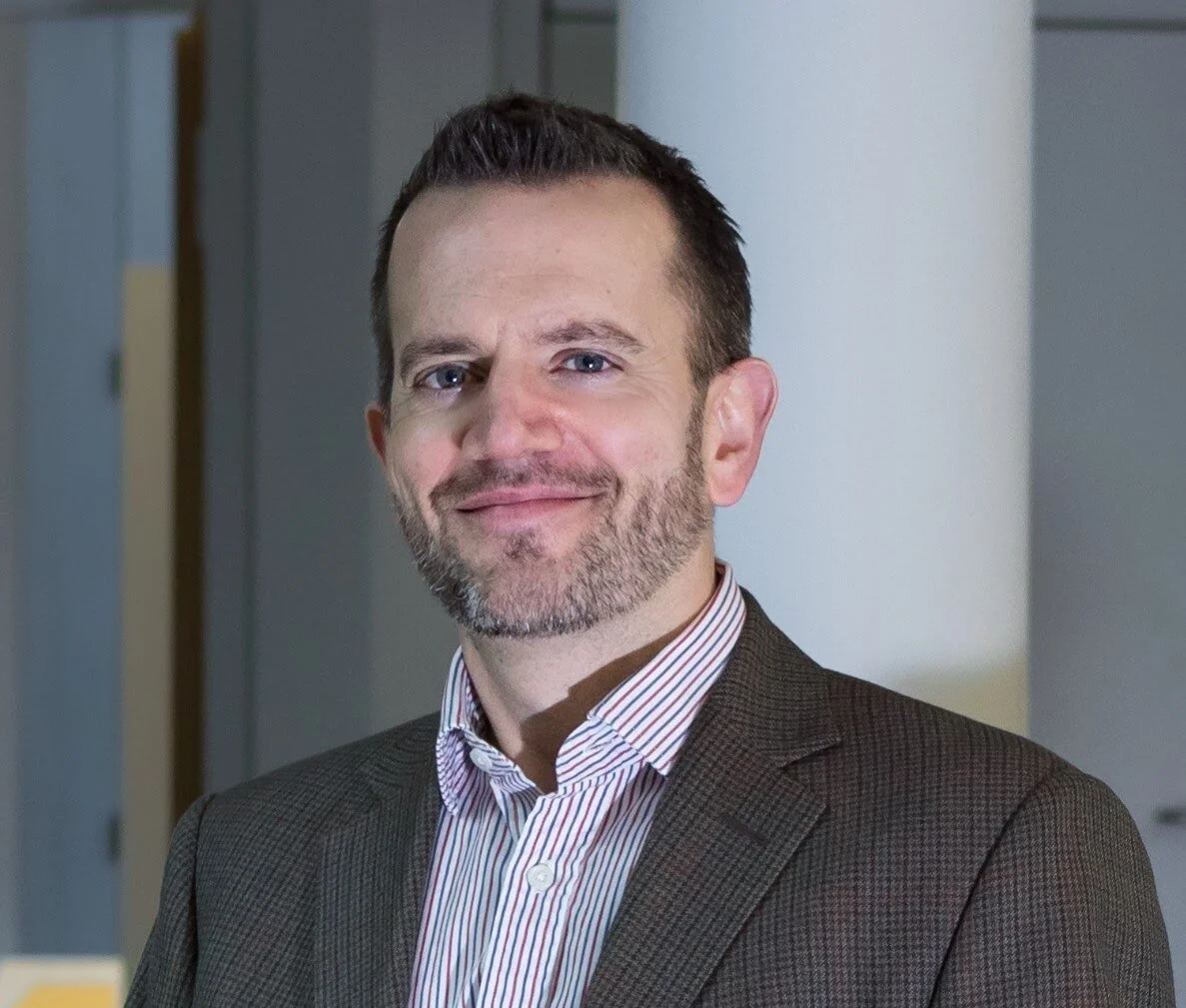
Dr. Andy Williams
External Relations Officer, European Southern Observatory (ESO)
-

Riqiang Wu
Associate Professor, Renmin University of China
Spotlight Talk Speakers
-
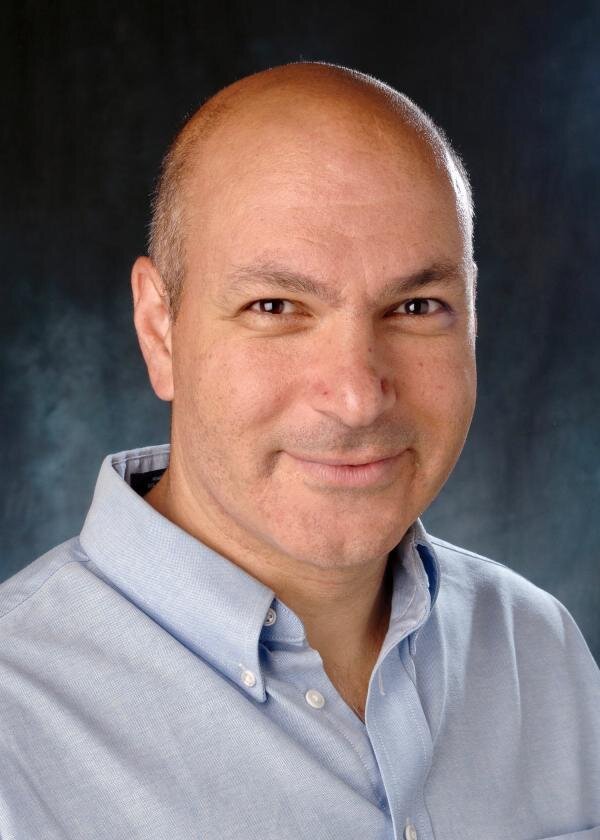
Waleed Abdalati
Director, Cooperative Institute for Research in Environmental Sciences at University of Colorado Boulder (CIRES)
-
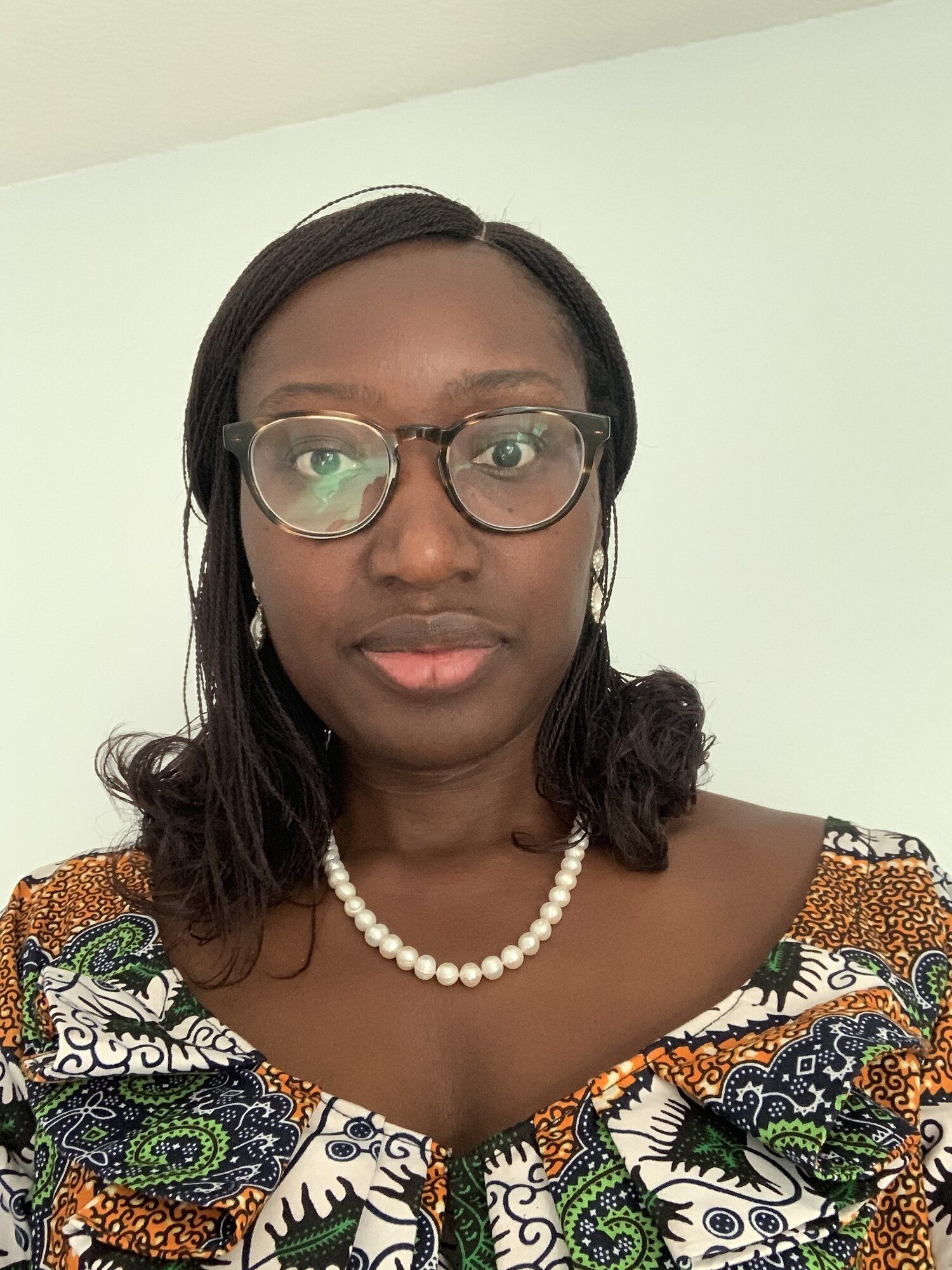
Timiebi Aganaba
Assistant Professor, School for the Future of Innovation in Society with a courtesy appointment at the Sandra Day O Connor College of Law, Arizona State University
-
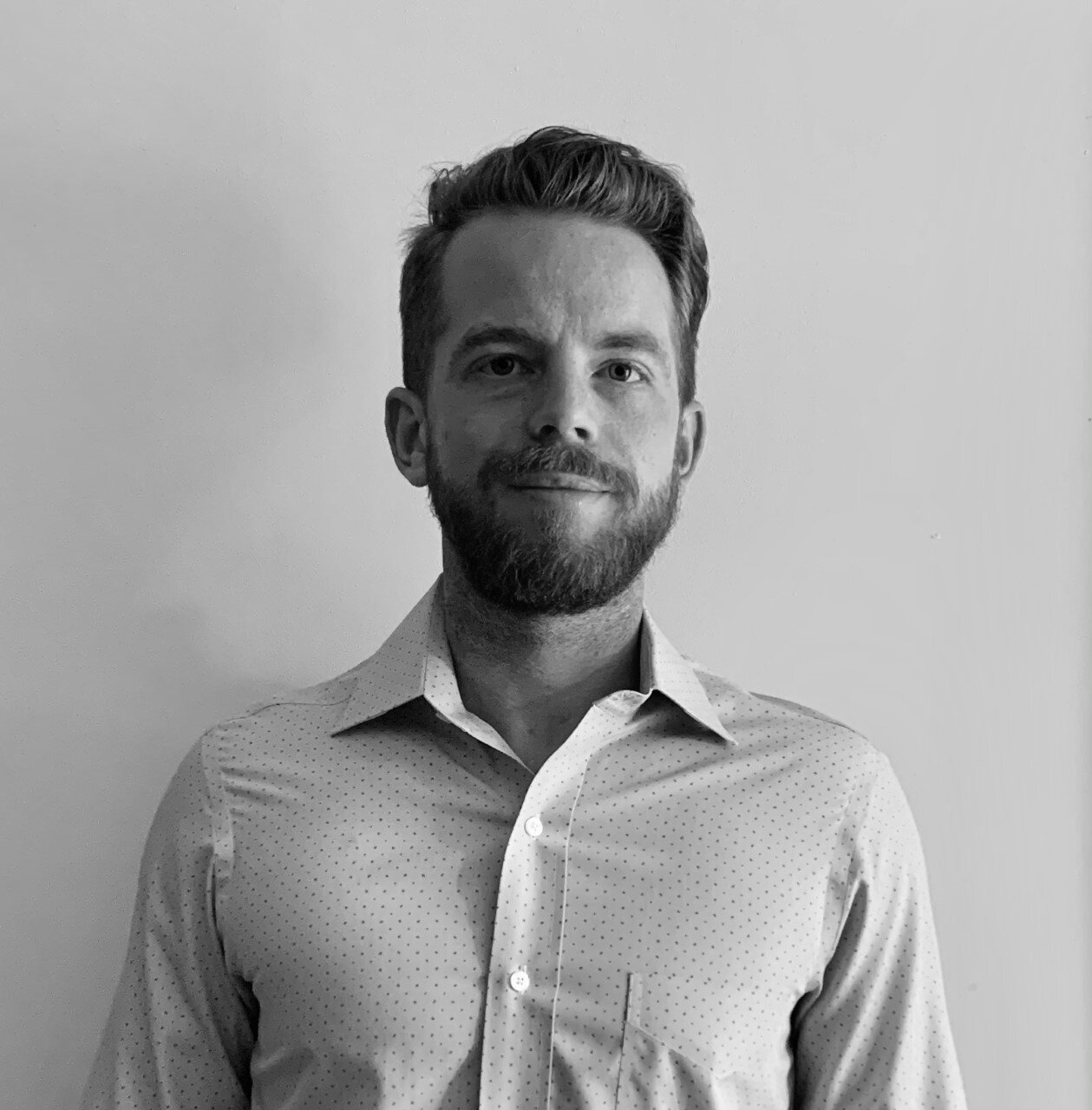
Aaron Bateman
PhD candidate, Johns Hopkins University
-

Darren McKnight
Senior Technical Fellow, LeoLabs
-

Sarah Mineiro
Adjunct Senior Fellow, Center for a New American Security (CNAS)
Keynote Speakers
-

Tory Bruno
CEO, United Launch Alliance (ULA)
-
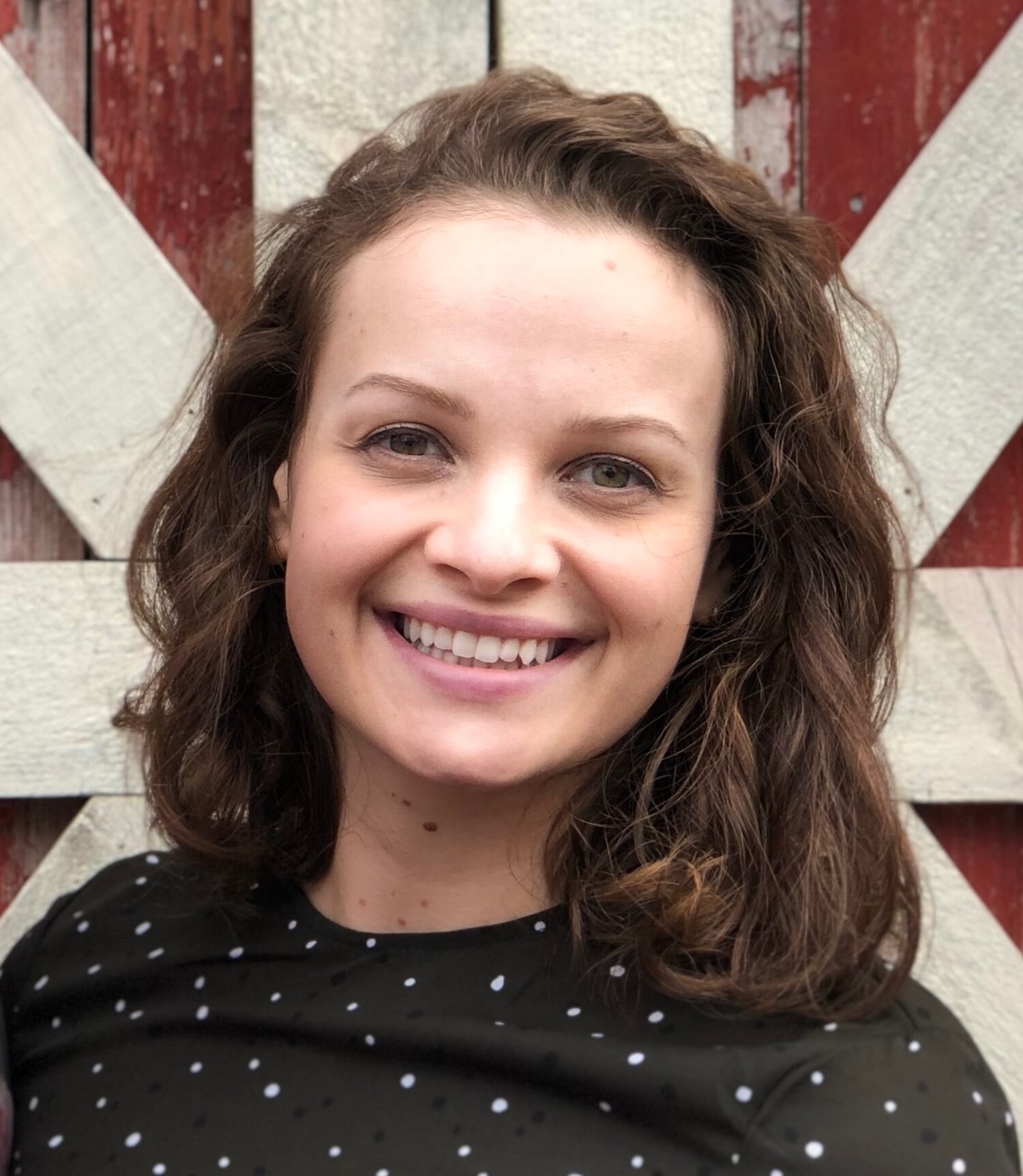
Marina Koren
Staff Writer, The Atlantic
-
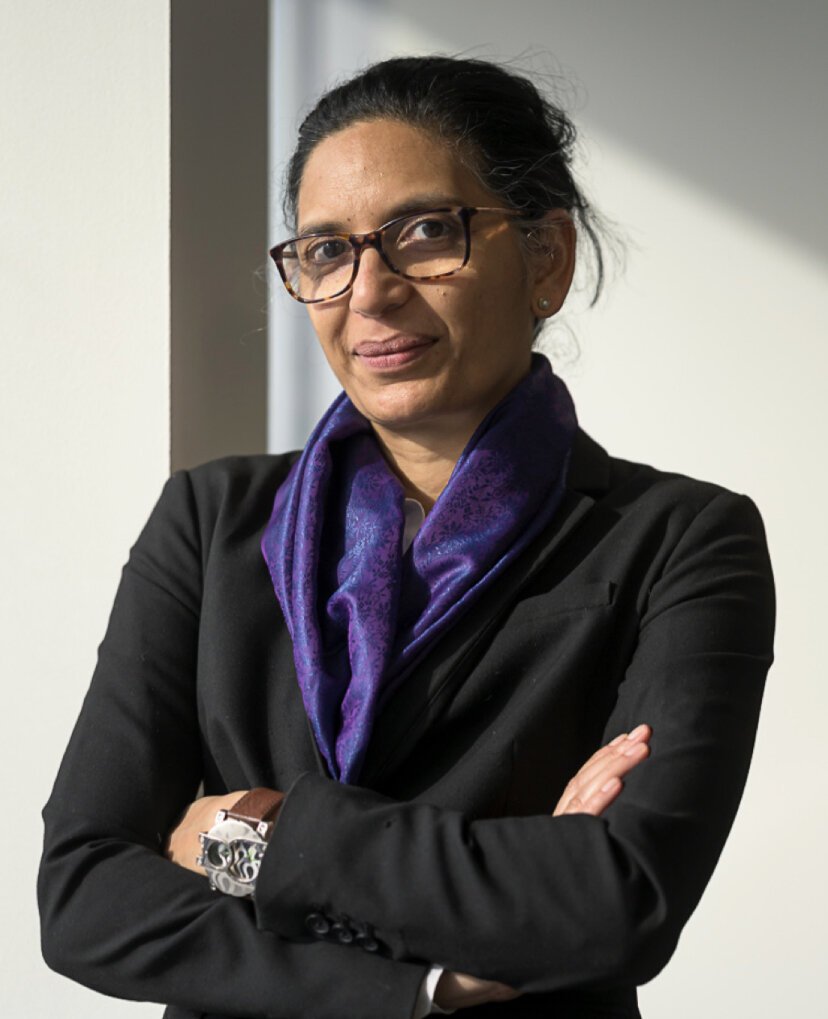
Dr. Bhavya Lal
Senior Advisor to the NASA Administrator, NASA
